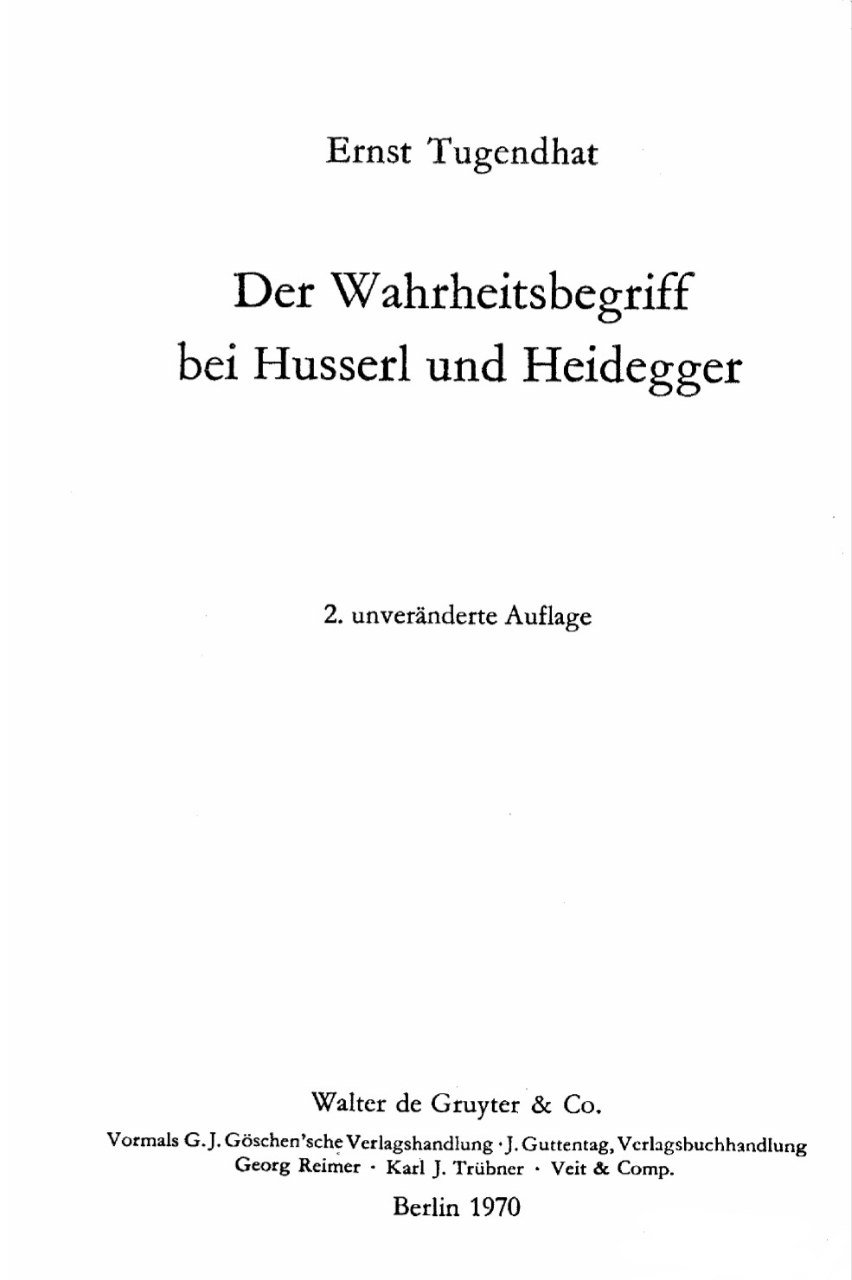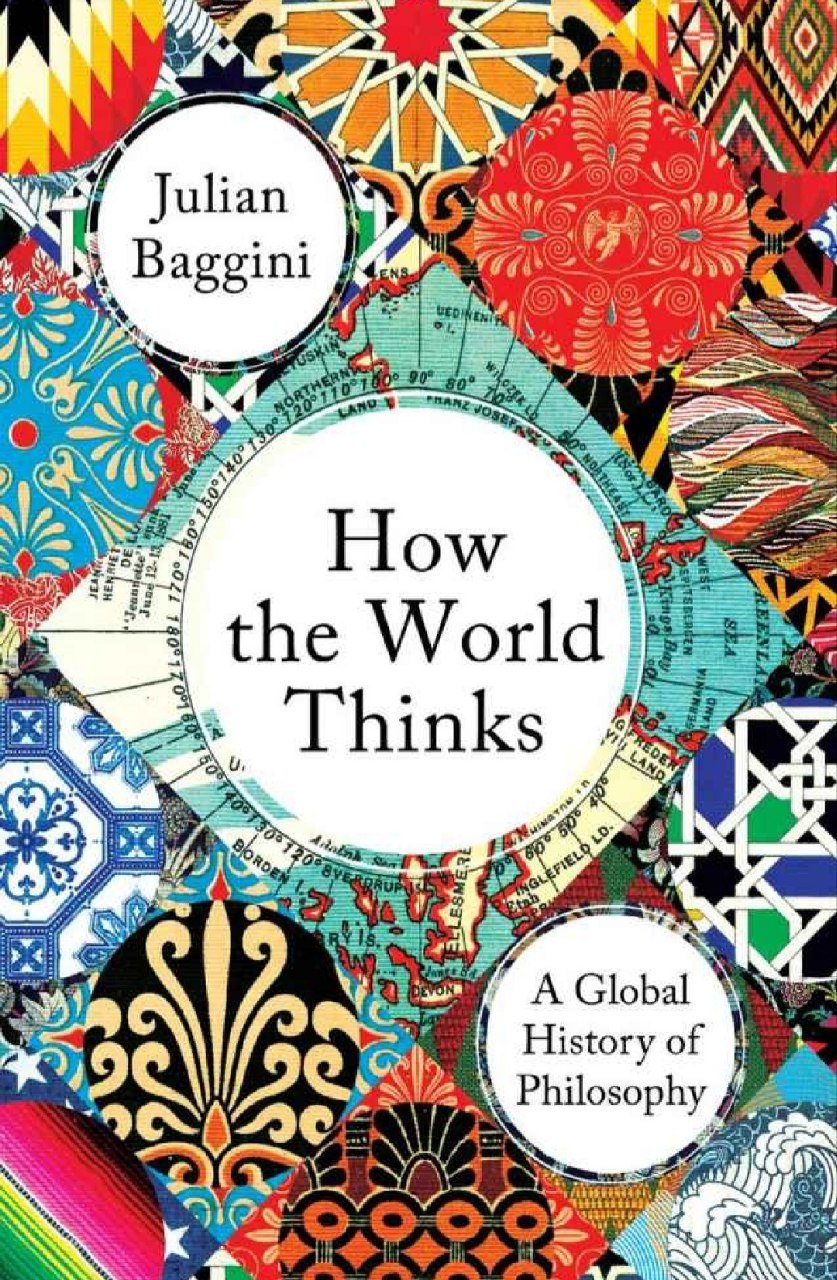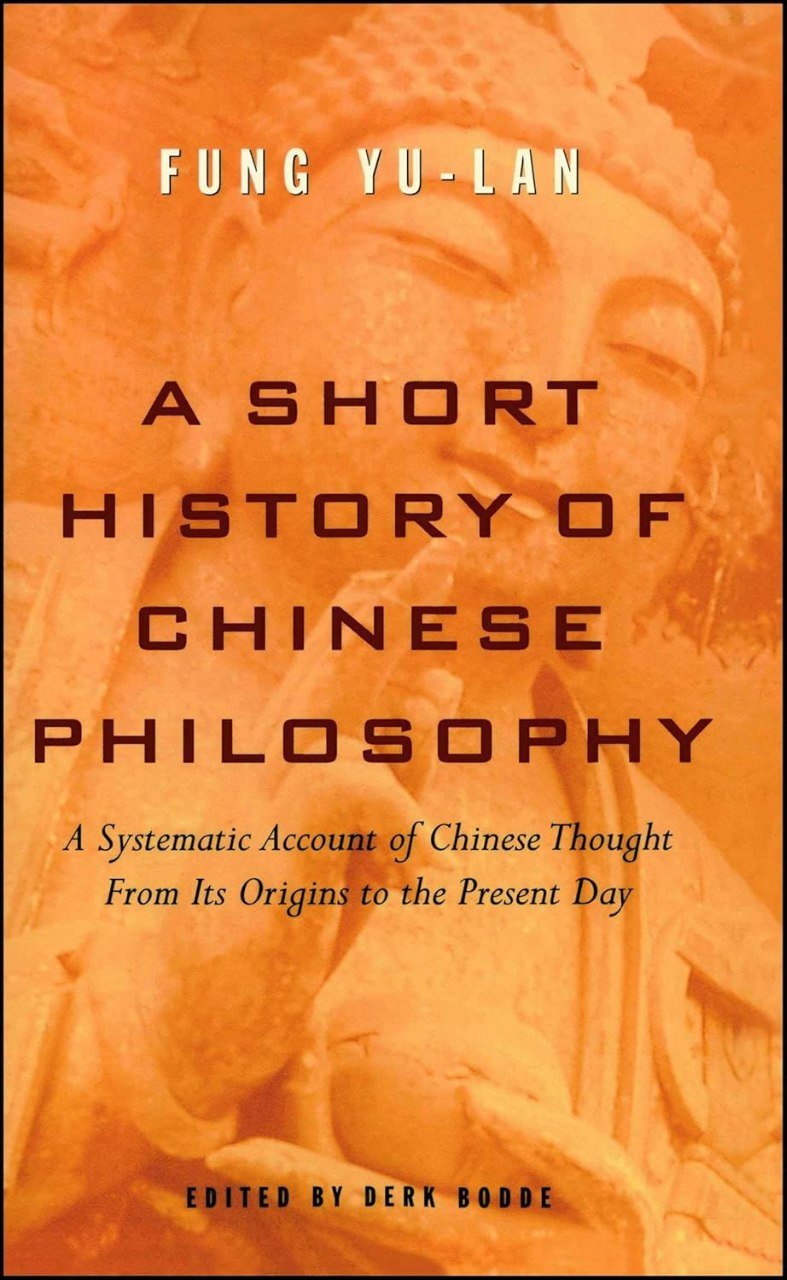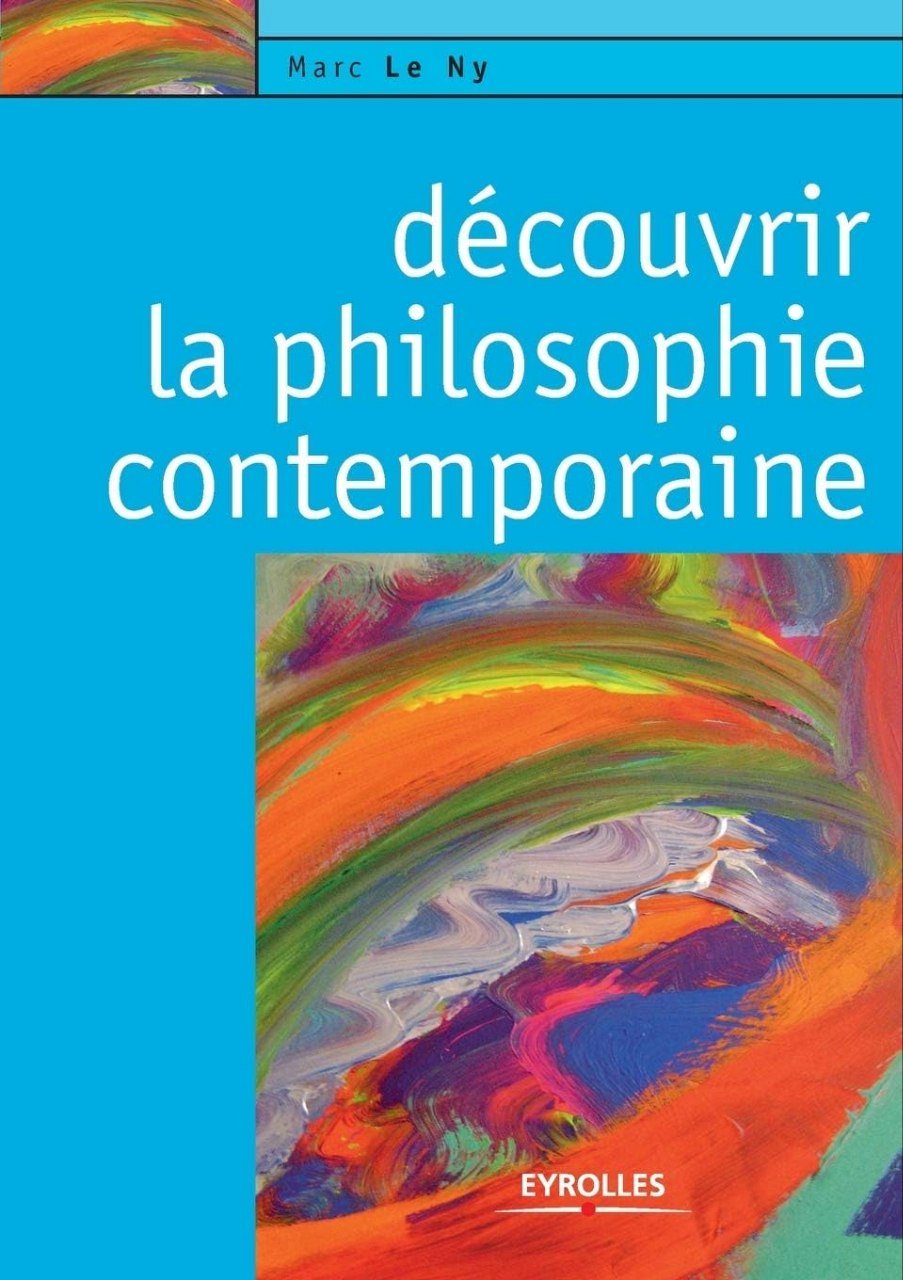
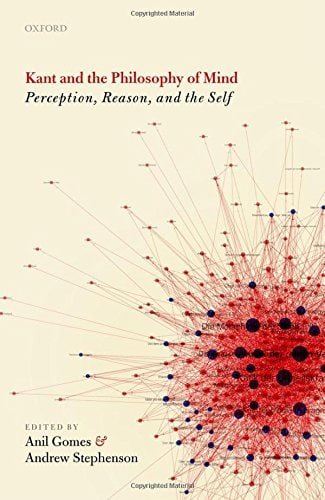
Kant and the Philosophy of Mind: Perception, Reason, and the Self
Reviews
No review yet. Be the first to review this book!
Description
Kant and the Philosophy of Mind: Perception, Reason, and the Self, edited by Anil Gomes and Andrew Stephenson, is an insightful and comprehensive collection that delves deeply into Immanuel Kant’s contributions to the philosophy of mind, offering a fresh examination of his theories in light of contemporary debates. This volume brings together a group of distinguished scholars who explore the complex and systematic ways in which Kant understood the mind’s capacities, particularly focusing on perception, reasoning, and self-consciousness. The book carefully analyzes Kant’s seminal work, the Critique of Pure Reason, and his revolutionary claims about how the mind structures experience, arguing that Kant provides a unique framework for understanding the cognitive faculties that make knowledge and experience possible. Central to the discussion is Kant’s notion of the "transcendental unity of apperception," his idea that self-consciousness is a necessary condition for experience, which serves as a foundation for his broader metaphysical and epistemological project. The essays in this collection address fundamental questions about how we perceive the world, the role of imagination in synthesizing sensory data, and the active involvement of the understanding in generating coherent experiences. They also examine Kant’s view of rationality, the mind’s capacity for reasoning and judgment, and how these faculties contribute to the formation of objective knowledge. Furthermore, the book investigates Kant’s conception of the self, exploring whether he viewed it as a substance, a formal condition for thought, or something more elusive, and how his conception differs from later notions of personal identity and subjectivity. Through a combination of rigorous historical scholarship and philosophical analysis, the contributors demonstrate the relevance of Kant’s thought to modern discussions in philosophy of mind, cognitive science, and epistemology. They argue that Kant’s insights into the nature of perception, cognition, and self-awareness continue to offer valuable perspectives on ongoing philosophical problems, such as the nature of consciousness, the relationship between mind and world, and the conditions for objective knowledge. Kant and the Philosophy of Mind thus stands as a significant contribution to Kantian studies and philosophy more broadly, offering readers a rich and nuanced understanding of how Kant’s ideas remain central to our contemporary understanding of the mind.



























.jpg)


.jpeg)




.jpg)



.jpeg)
.jpg)







.jpg)








.jpg)







.jpg)
.png)

.jpeg)




.jpeg)








.jpg)




.jpg)



.jpeg)












